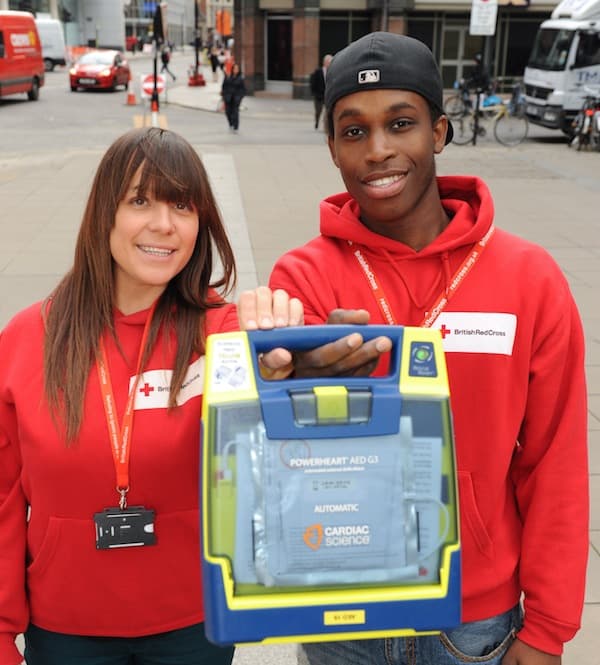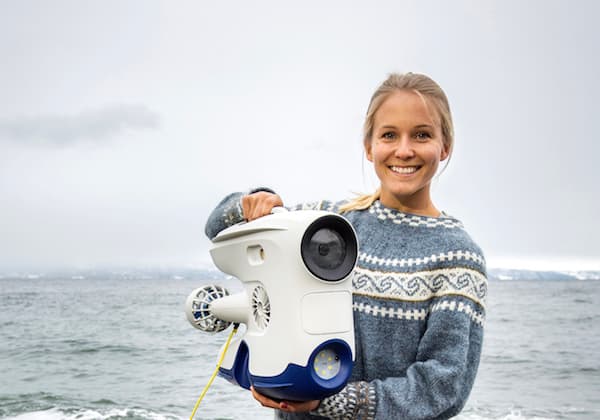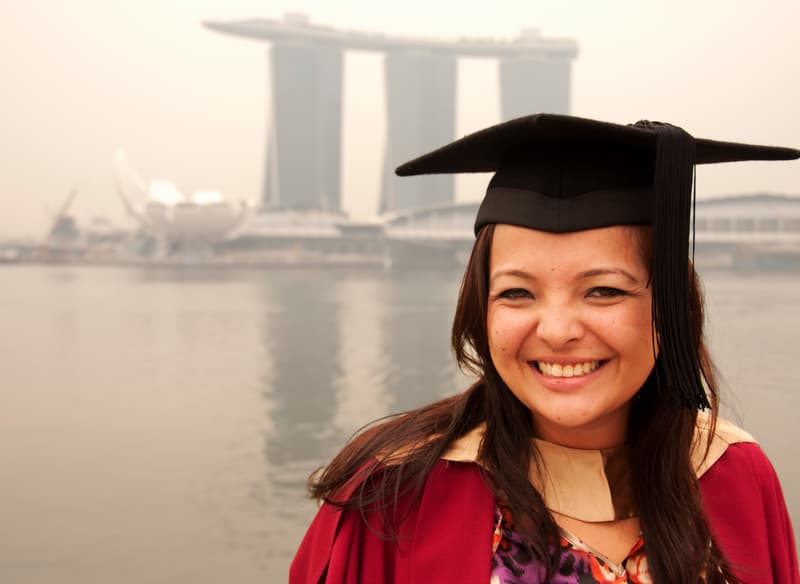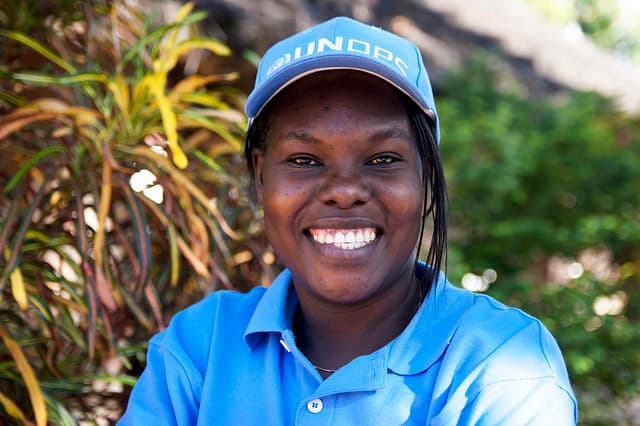Individual National Consultant to develop Anti Sexual Harassment Policy for Uganda Police Force.
Kampala
- Organization: UNWOMEN - United Nations Entity for Gender Equality and the Empowerment of Women
- Location: Kampala
- Grade: Consultancy - National Consultant - Locally recruited Contractors Agreement
-
Occupational Groups:
- Political Affairs
- Legal - Broad
- Women's Empowerment and Gender Mainstreaming
- Criminology, Extremism, Police Affairs and Anti-Corruption
- Gender-based violence
- Closing Date: 2023-11-24
Background
- BACKGROUND
UN Women, grounded in the vision of equality enshrined in the Charter of the United Nations, works for the elimination of discrimination against women and girls; the empowerment of women; and the achievement of equality between women and men as partners and beneficiaries of development, human rights, humanitarian action and peace and security.
Under its Strategic Note 2016-2020 which has been extended pending the finalization of the new Strategic Note 2021-2025, the Uganda Country Office focuses on delivering programmes under four thematic areas:
- Governance, including Women’s leadership and political participation; Inter-Governmental Support; National Planning and Accountability.
- Women’s Economic Empowerment (WEE).
- Ending Violence Against Women and Girls (EVAWG).
- Women, Peace, Security and Humanitarian Action (WPS-HA).
The Uganda Police Force (UPF or the Force) was established pursuant to Article 211 of the 1995 Constitution of the Republic of Uganda. The UPF has a constitutional mandate to protect life and property, preserve law and order, and prevent and detect crime, as well as maintain overall security and public safety in Uganda. In carrying out this mandate, UPF is obligated to respect and protect human rights for all, including the rights of gender equality and freedom from gender-based discrimination. High caliber police personnel, including women and men, are indispensable to achieving this mandate and ensuring service delivery to the public in accordance with the rights and obligations set out in the Constitution.
2.0 Context and Rationale
With support from UN Women, UPF developed a Gender Policy and Strategy 2019 – 2023. The Policy provides a guiding framework to the Police Force in its responsibility to fulfill the principle of non-discrimination and the fair and equal treatment of all, in the exercise of its institutional mandate and contribute to gender responsive policing in Uganda. In the medium to long term, a more gender responsive UPF will contribute to greater access to justice for women and girls, and a society in which there is greater respect for human rights and rule of law in Uganda.
UPF has taken steps to address specific gender issues in policing in Uganda and internal concerns regarding discrimination, lack of opportunity, and equality for women and men who serve in the Force. These interventions include: the establishment of the Departments of Women Affairs, Child and Family Protection (CFP), and Sexual Offences under the Criminal Investigations Directorate (CID); the inclusion of modules on Gender, Human Rights, and Child Protection in the curriculum for the initial training of police officers; and the practice of affirmative action in recruitment and promotion of female officers. The UPF has also worked with the Ministry of Gender, Labor and Social Development (MGLSD) and partners in the UN and Civil Society Organizations (CSOs) to enhance its gender responsive practices.
During consultations for the development of the gender policy there were numerous concerns raised by female officers about sexual harassment, which was said to contribute to women’s desertion from the police. There is an inherent culture of denial, trivialization and justification of incidents of sexual harassment, which leads to perpetuation of sexual violence against women in the UPF . In addition, the absence of trusted mechanisms to handle such issues coupled with intimidation often discourages victims from seeking justice, particularly when the alleged harasser is a senior. As a result, there is a perception that mechanisms for handling complaints are inadequate and mostly situated at a few stations, mainly in urban areas, leaving most female officers vulnerable and without access to redress facilities. It was further noted during the same consultations, that whilst the UPF established a Department of Women Affairs (DWA) to address some of the challenges that affect female officers, and with a specific remit to address sexual harassment, the DWA is critically under-resourced, both financially and physically, leaving it unable to carry out its functions effectively. Policewomen have also noted the lack of clarity in handling petitions.
The Gender Policy was explicitly developed to address sexual harassment within the UPF and concerns with inadequate responses among other gender concerns and mandates the institution to put in place measures to deal with sexual harassment, exploitation, and abuse in the workplace.
It is against this background that UN Women and UPF are seeking the services of a national consultant to provide technical support for the development of an Anti-Sexual Harassment Policy for the Uganda Police Force (UPF).
The objective of the Assignment:
The overall objective of the assignment is to develop a comprehensive anti-sexual harassment, sexual exploitation, and abuse policy with implementation mechanisms.
Duties and Responsibilities
Scope of Work and Deliverables:
Under the supervision of UN Women’s Access to Justice Programme Specialist, and UPF Department of Women Affairs, the consultant will:
- Hold an inception meeting with UPF and UN Women
- Review the following documents: gender policies and strategies of UPF, UPS JLOS Secretariat and MGLSD (if available because it is currently at Cabinet level), the Sexual Offences Bill, Employment Act 2006 and its Sexual Harassment Regulations of 2012, Employment Bill, Penal Code Act, Constitution of the Republic of Uganda, Public Service Standing Orders 2010 and any relevant laws to the task at hand to develop materials relevant to inform the content of the policy.
- Review relevant international and regional instruments on gender equality and identify principles that should be integrated into the Policy.
- Conduct consultations with:
- Internal stakeholders from
- The directorates and specialized units like counter-terrorism, VIPPU, FFU, CID, Fire and rescue services, Logistics and Engineering, PPG, INTERPOL, PRESS UNIT, EXODUS SACCO, Welfare, HRA, HRD.
- Police Regions like; MT Moroto, BuKedi north and south, Aswa, Northwest Nile, Rwenzori East and West, and KMP.
- Police training Schools (PTS Kabalye, Olilim, Bwebajja) and
- external stakeholders
- Including Judiciary, ODPP, MGLSD, JLOS Secretariat.
- Uganda Prisons Service.
- Development Actors including UN agencies (UN Women, UNICEF, UNDP, UNFPA), NGOs (including WROs), JLOS and the Gender Development Partners’ Group and others, including the donor community, cultural and religious leaders in the policing regions,
- Office of the President (Department of Policy Development & Capacity Building).
- Conduct key informant interviews with the UPF leadership and hold separate focus group discussions with female and male officers in the Force to gain insights on how sexual harassment can be addressed.
- Develop the Anti – Sexual Harassment Policy
- Present the draft Anti-Sexual Harassment Policy to key stakeholders for validation.
- Present the finalized Anti-Sexual Harassment Policy to the Policy Advisory Council of the Police for approval.
NO |
Tasks
|
Deliverables |
No of days (Approx) |
|
Pay % |
1. |
Conduct inception meeting with UPF and UN Women Carry out desk review; design methodology and workplan (in Gantt chart format); and |
An INCEPTION REPORT on the content and methodology for review of the policy. The inception report should provide information on the following:
|
5 |
06th -10th Dec ,2023 |
10% |
2. |
Conduct consultations, gather relevant information, and undertake analysis in line with the above Scope of Work section, detailed objectives, and tasks. |
|
25 |
13th December-8th January 2024 |
20% |
3 |
Present draft Revised Policy at a validation workshop |
|
5
|
11th -15th January 2024 |
20% |
4 |
Present the Finalized Policy at the UPF Policy Advisory Council (PAC) and incorporate any final changes recommended by the PAC |
|
2 |
18th -19th January 2024 |
50% |
Inputs
- Documents for review will be provided by both UN Women and UPF but the consultant is expected to conduct research on relevant documentation.
- The consultant is expected to work using her/his own laptop.
- UN Women and UPF will provide the consultant with background materials related to the assignment.
Performance evaluation:
The contractor’s performance will be evaluated against such criteria as: timeliness, responsibility, initiative, communication, comprehensiveness, readability, structure, accuracy, quality of the products delivered and alignment to agreed principles and standards. The evaluation will be carried out and cleared by the appointed task force composed of UN Women and UPF.
Competencies
Competencies
Core Values and Guiding Principles.
- Integrity.
- Demonstrating consistency in upholding and promoting the values of the UN system in actions and decisions, in line with the UN Code of Conduct.
- Ability to maintain confidentiality and a high degree of professionalism when dealing with survivors and sensitive information.
- Cultural sensitivity/valuing diversity.
- Demonstrating an appreciation of the multicultural nature of the organization and the diversity of its staff, and of those of Government of Uganda entities.
- Demonstrating an international outlook, appreciating differences in values, and learning from cultural diversity.
Corporate Competencies
- Demonstrates integrity by modelling the UN's values and ethical standards.
- Promotes the vision, mission, and strategic goals of the UN, particularly relating to gender equality and the empowerment of women.
- Displays cultural, gender, religion, sexual orientation, race, nationality and age sensitivity and adaptability.
- Treats all people fairly and without favoritism.
Functional Competencies
- Strong ability to grasp, analyze, and explain complex ideas and with a high level of attention to detail.
- High level of communication skills and experience in working effectively in a multi-cultural environment.
- Demonstrated strong technical and practical knowledge in issues relating to women’s rights and access to justice.
- Experience with editing UN documents and familiarity with UN Women’s style, lexicon and terminology, and UN editorial manual desirable.
Fluency in English (oral and written) is a requirement.
Required Skills and Experience
Required Skills and Experience
The assignment will be undertaken by an individual with the competencies indicated below.
Education
- Master’s (or equivalent) or higher Degree in Criminal Justice, Law, Human Rights, Gender, International Relations, or related field
Experience and Skills
- Minimum of 10 years of relevant professional experience in developing legal or policy documents and in operationalized research on justice systems.
- Experience working with the Justice, Law, and Order Sector is required.
- Experience in conducting consultations with diverse stakeholders to elicit actionable information would be an asset.
- Ability to communicate with stakeholders from all socio-economic backgrounds.
- Fluent level of written and spoken English.
Application Procedure
Application Procedure
Interested qualified candidates must apply online by latest by 24th November 2023. Candidates should submit one PDF File attachment containing:
1. Resume
2. UN Women P11 dully filled form with at least three (3) professional references (UN Women Personal History Form (P11), can be downloaded at:.
3. A technical proposal indicating how the assignment will be carried out including interpretation of the ToR and methodology for execution of the assignment.
4. The financial proposal shall specify a total lump sum amount, and payment terms around the specific and measurable deliverables of the TOR. Payments are based upon output, i.e., upon delivery of the services specified in the TOR, and deliverables accepted and certified by the Judiciary and UN Women.
5. The financial proposal must be all-inclusive and consider various expenses that will be incurred during the contract, including the daily professional fee; cost of travel, and any other relevant expenses related to the performance of services under the contract.
6. Please provide a short (1000 words) writing sample, or link to a similar project that you have completed. Applications without samples/links will not be considered.
Kindly note that the system will only allow one PDF attachment. Applications without the completed UN Women P-11 form will be treated as incomplete and will not be considered for further assessment.
The consultants should submit their application package containing the following (to be uploaded as one file):
At UN Women, we are committed to creating a diverse and inclusive environment of mutual respect. UN Women recruits, employs, trains, compensates, and promotes regardless of race, religion, color, sex, gender identity, sexual orientation, age, ability, national origin, or any other basis covered by appropriate law. All employment is decided on the basis of qualifications, competence, integrity, and organizational need.
If you need any reasonable accommodation to support your participation in the recruitment and selection process, please include this information in your application.
UN Women has a zero-tolerance policy on conduct that is incompatible with the aims and objectives of the United Nations and UN Women, including sexual exploitation and abuse, sexual harassment, abuse of authority, and discrimination. All selected candidates will be expected to adhere to UN Women’s policies and procedures and the standards of conduct expected of UN Women personnel and will therefore undergo rigorous reference and background checks. (Background checks will include the verification of academic credential(s) and employment history. Selected candidates may be required to provide additional information to conduct a background check.)








